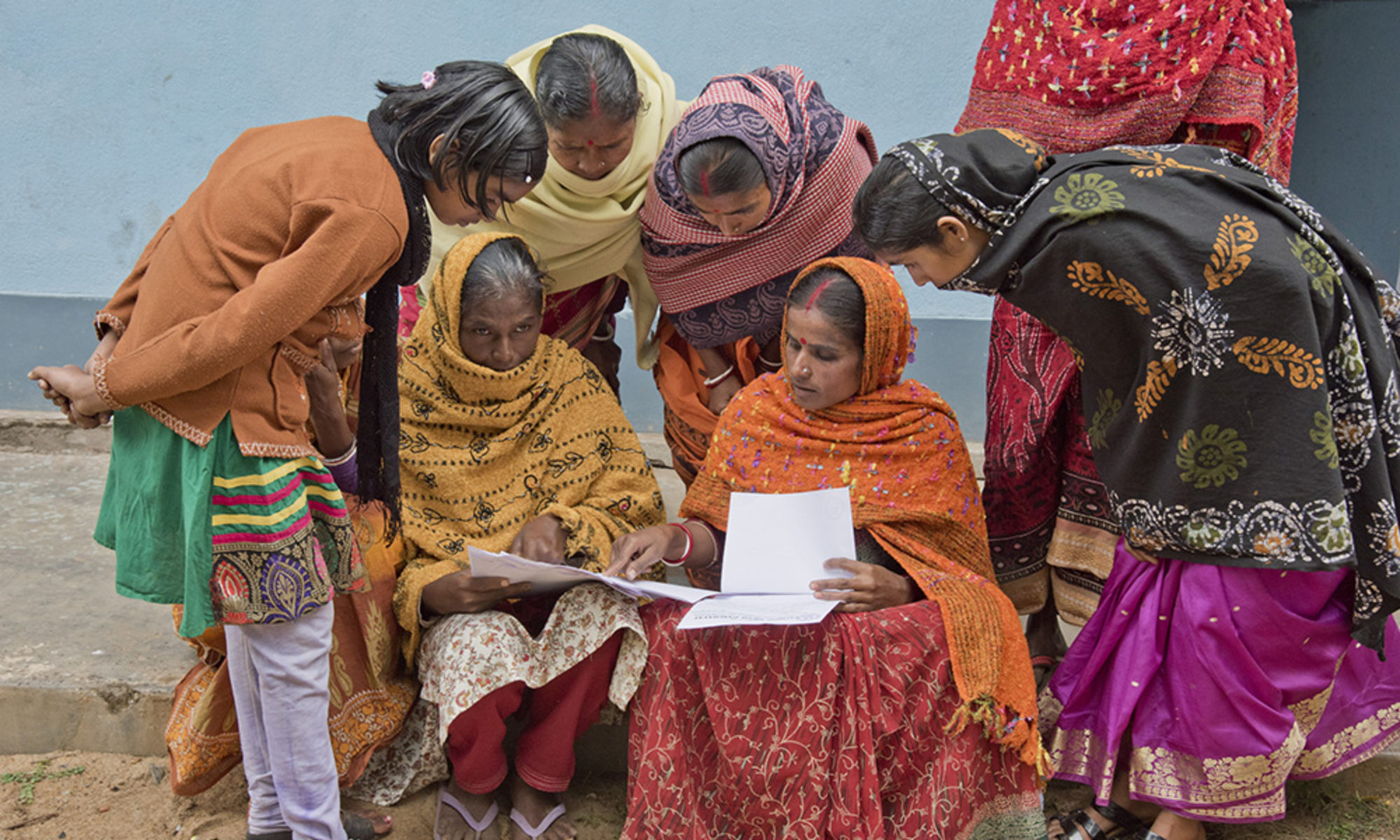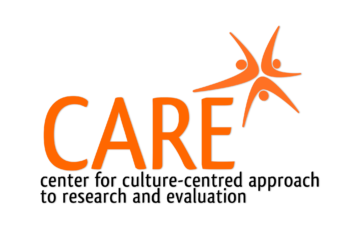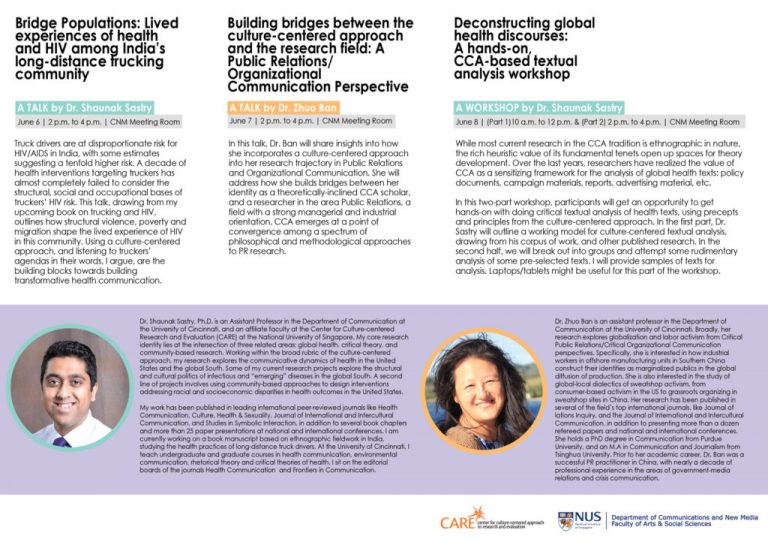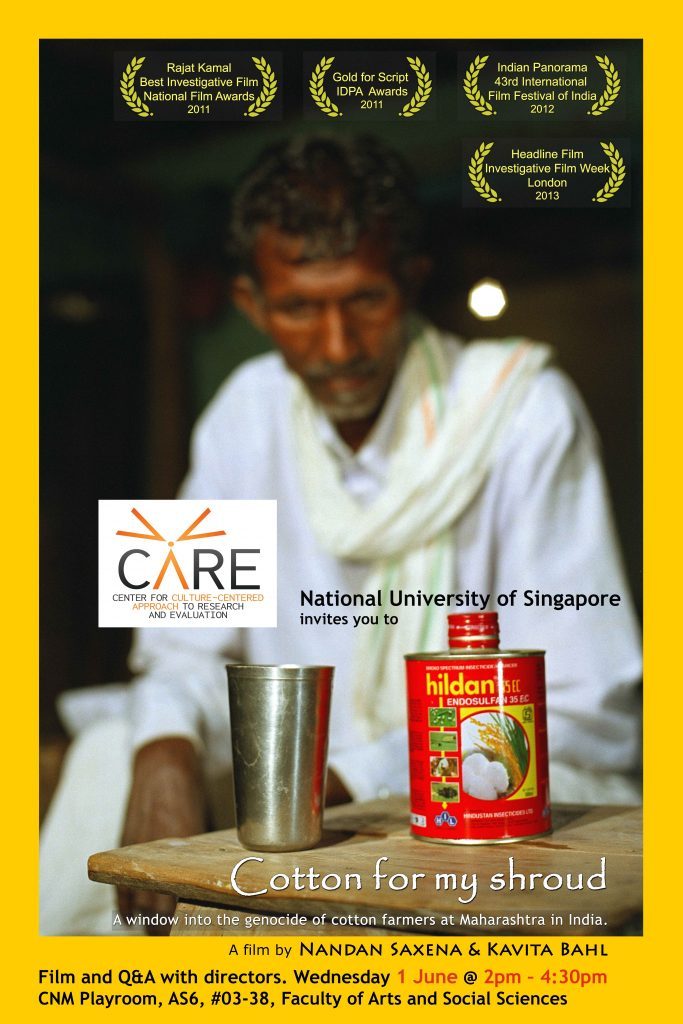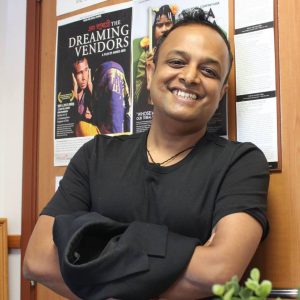
Professor Mohan J Dutta has received the 2015 International Communication Association (ICA) Applied/Public Policy Research Award. This award honors a scholar or group of researchers who have produced a systematic body of research in communication studying a particular applied or policy problem for the betterment of society. The award is a recognition of Prof. Dutta’s decade-long collaborations with marginalized communities in developing the culture-centered approach as a framework for addressing needs voiced by members of marginalized communities, for developing participatory processes for structural transformation through grassroots-driven advocacy, for fostering communication infrastructures for listening to community voices, and for co-constructing knowledge claims from the global margins. Under the umbrella of the Center for Culture-Centered Approach to Research and Evaluation (CARE) that he directs at NUS, Dutta has developed partnerships with communities that work toward addressing locally articulated and contextually constituted solutions such as building cultural resources of health and wellbeing, building healthcare services, building locally-based agricultural systems rooted in indigenous knowledge, developing culturally-centered communication campaigns, and creating policy advocacy tools that center the voices of marginalized community members in policy spaces.
